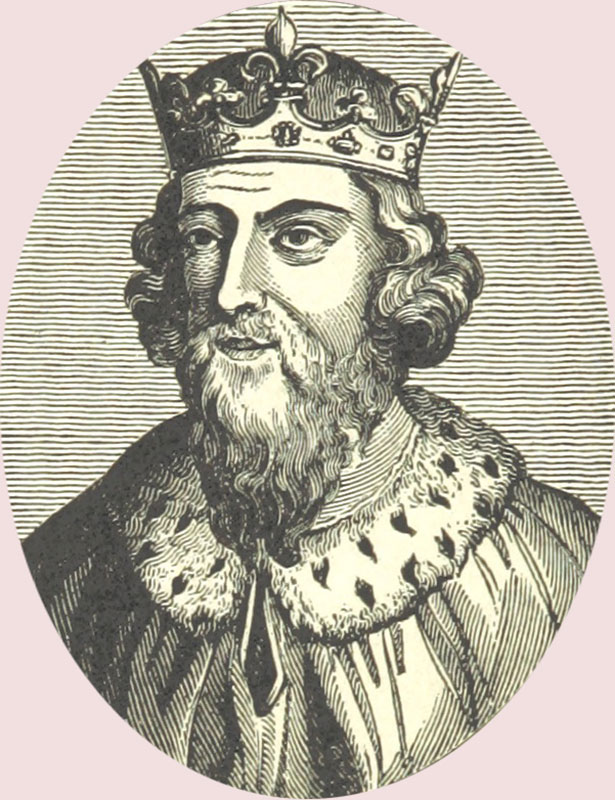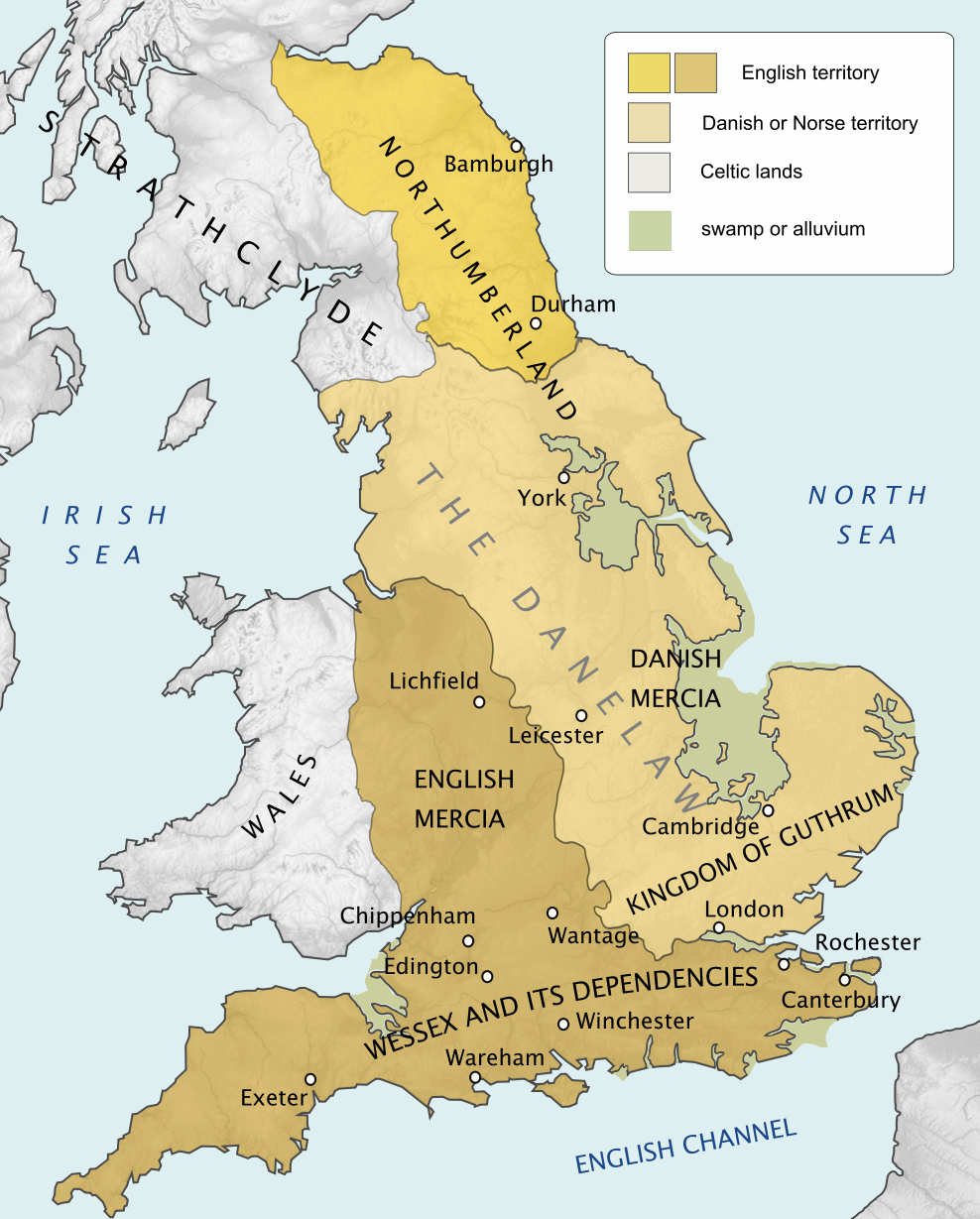
According to Brill’s Companions to the Christian Tradition: A Series of Handbooks and Reference Works on the Intellectual and Religious Life in Europe, 500-1800- A Companion to Alfred the Great, Alfred called on many high-ranking individuals to start the process of rendering certain books of the Bible and other writings from Latin to English. According to the book, “he himself, he (Alfred) says, has already made a contribution , by first studying, and rendering into English, that book which is named in Latin Pastoralis, and in English Hierdeboc, ‘Shepherd’s Book,’ that is to say the Regula, or Cura, Pastoralis of Pope Gregory the Great”. Which is endlessly fascinating considering, from what the book says, the only manuscripts containing Old English “literary” texts to survive from this time of the 9th century are two copies of Alfred’s Hierdeboc (Today referred to as Pastoral Care). Meaning, that to wonder if all those he asked heeded to his want, would only be conjecture. But the evidence of him writing does seem to exist, and is ever fascinating.
When looking for a reason, this is definitely a reason he was great.
Sources: Discenza, Nicole Guenther, and Paul Edward. Szarmach. A Companion to Alfred the Great. Brill, 2015.




